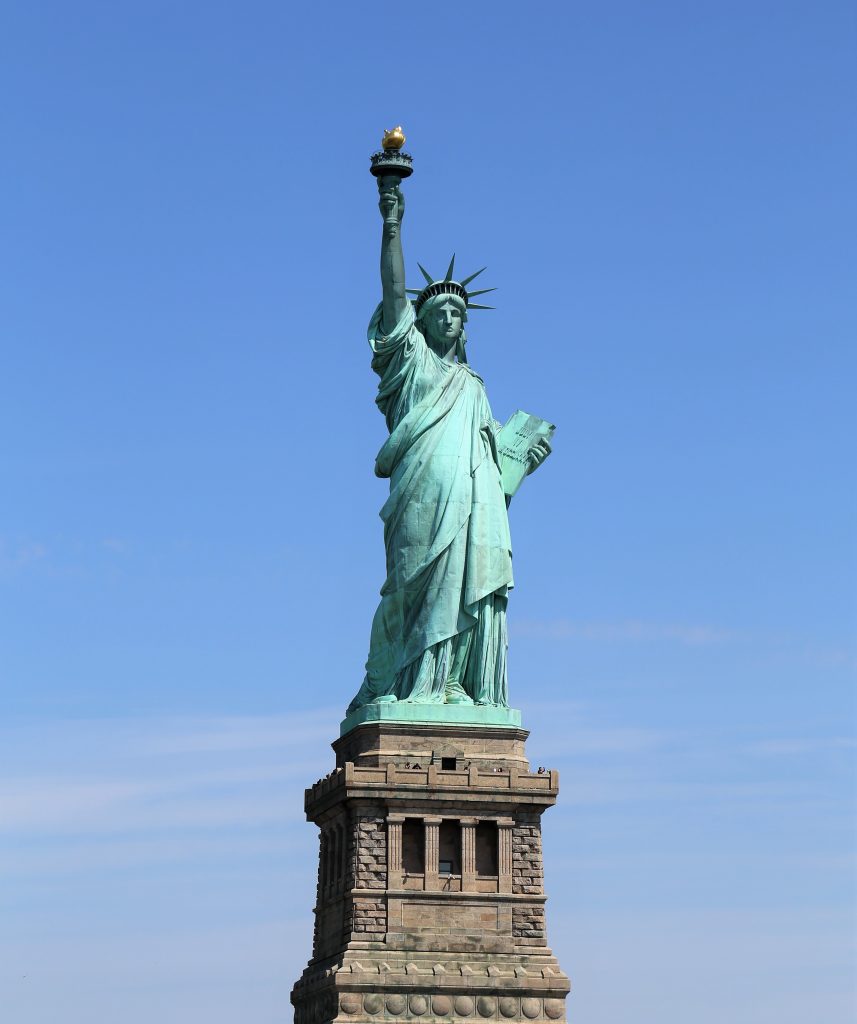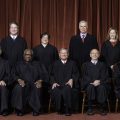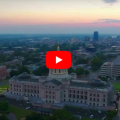
Earlier this week the Arizona Supreme Court handed religious liberty and freedom of speech a major win in the case of Brush & Nib v. Phoenix.
Like baker Jack Philips in Colorado, Brush & Nib were in the midst of a lawsuit that centered on whether or not the government can force Christians to take part in same-sex weddings and similar ceremonies.
In this case, Brush & Nib was concerned about a so-called “nondiscrimination ordinance” the City of Phoenix had passed.
The ordinance would have forced Brush & Nib to create invitations and other artwork for same-sex ceremonies in violation of the artists’ deeply-held religious convictions.
We’ve seen similar cases all over the country.
Thankfully, the Arizona Supreme Court ruled in Brush & Nib’s favor earlier this week.
John Stonestreet at the Colson Center for Christian Worldview writes,
Rejecting the city’s argument that Brush & Nib’s “custom wedding invitations are fungible products, like a hamburger or a pair of shoes,” Justice Gould acknowledged the “many hours” Brush & Nib owners Joanna Duka and Breanna Koski spend “designing and painting custom paintings, writing words and phrases, and drawing images and calligraphy.”
Because “Duka and Koski are involved in every aspect of designing and creating the invitations,” he continued, “and they retain substantial . . . artistic control over the messages that are expressed in the invitations,” they are more than mere “scribes.” Thus, to compel them to create custom invitations is to compel them to endorse the message in those invitations, which the Arizona constitution forbids.
In a similar ruling, the Eighth Circuit Court of Appeals recently issued an opinion in favor of Christian videographers Angel and Carl Larsen in their case against Minnesota’s “nondiscrimination” law.
The Brush & Nib case focuses on Arizona’s state constitution while the ruling in the Larsen’s case focuses on the U.S. Constitution.
Taken together, these rulings could signal that after years of losing in court, religious liberty might finally be gaining a little ground, but it’s still too soon to tell for sure.
Religious liberty still is under attack from radical activists as well as from wealthy corporations in the private sector. These recent court rulings, however, offer at least a faint glimmer of hope.



